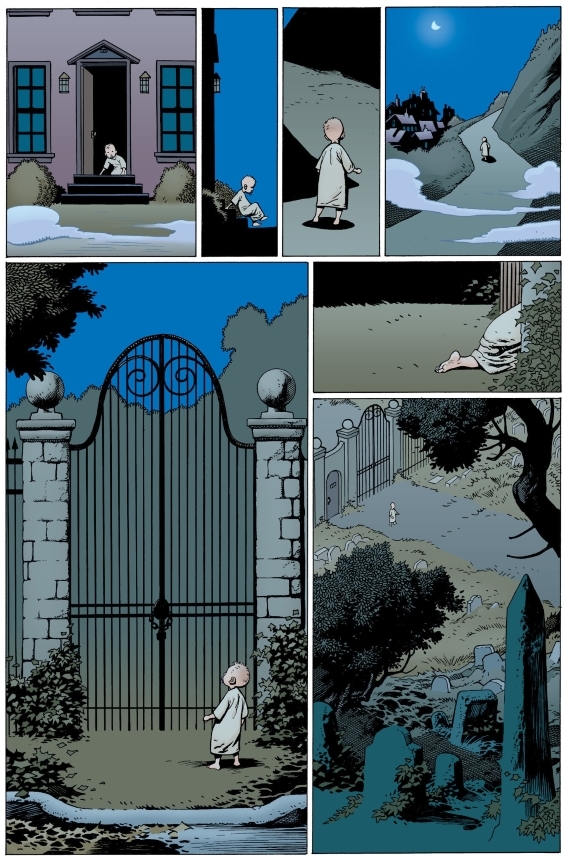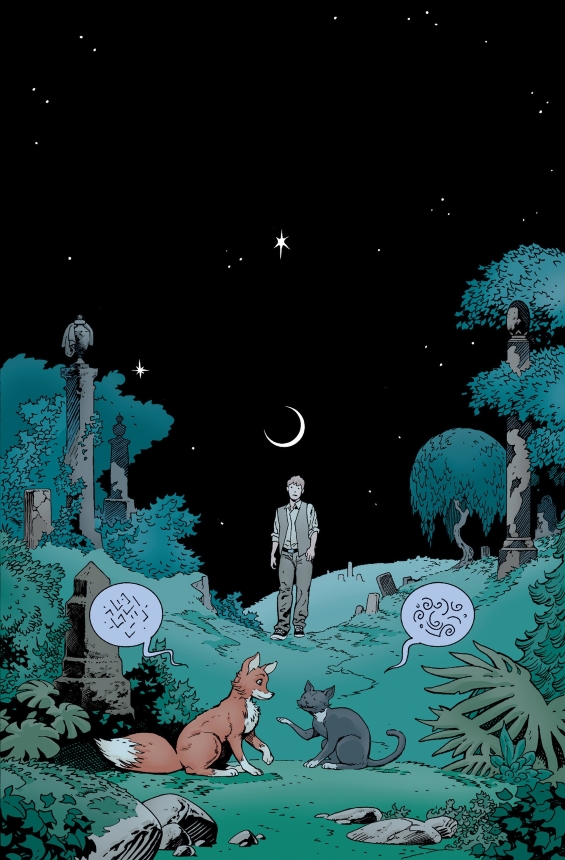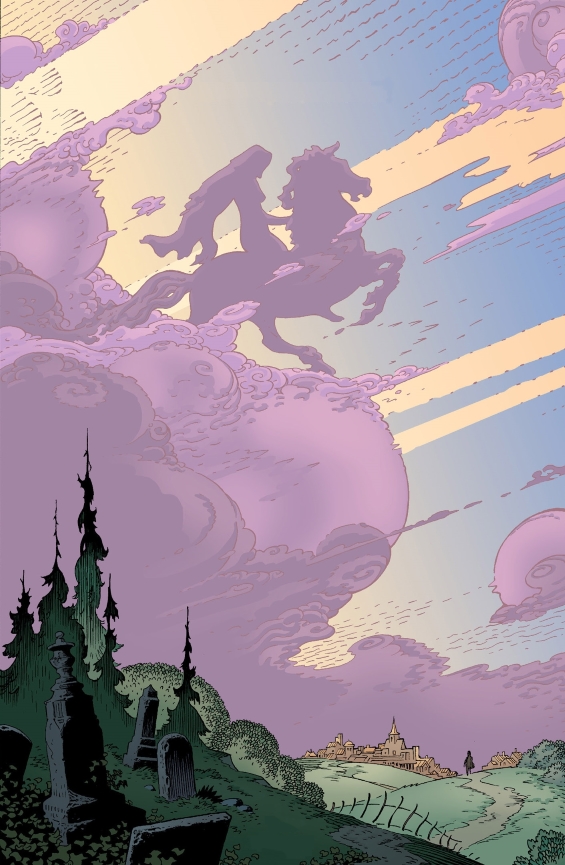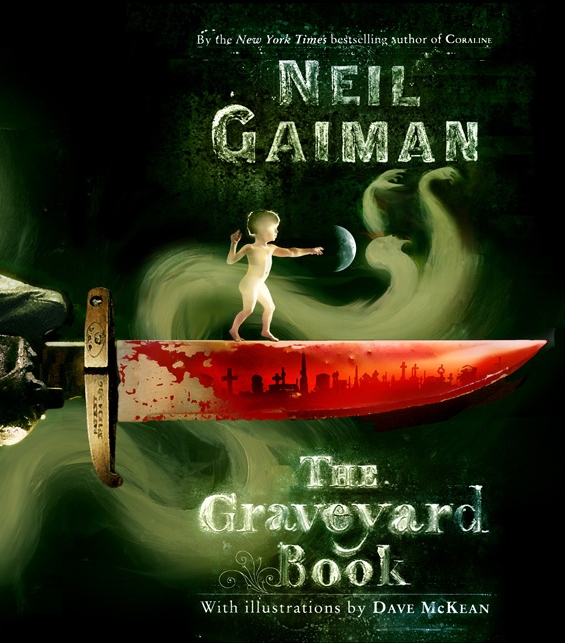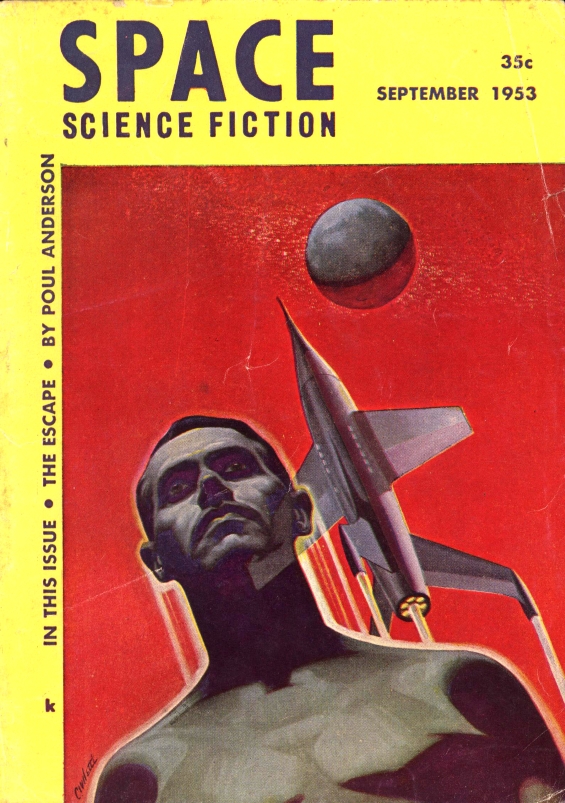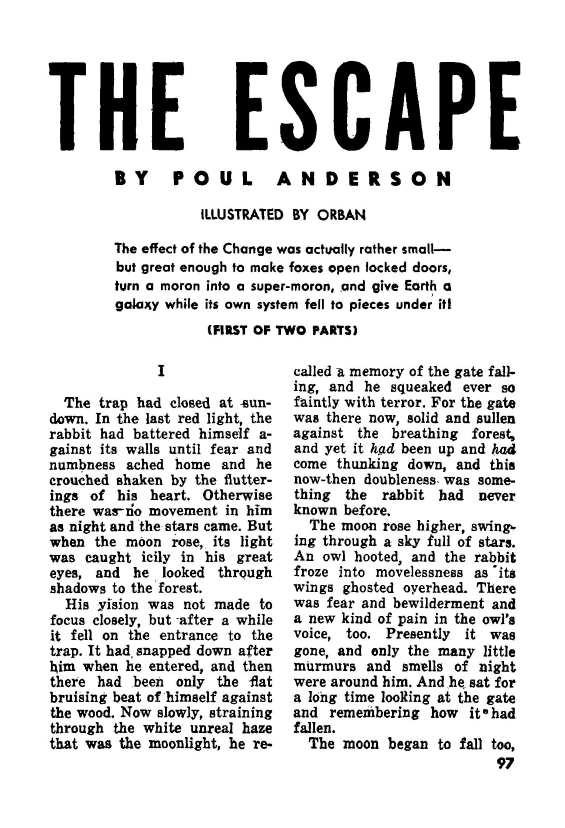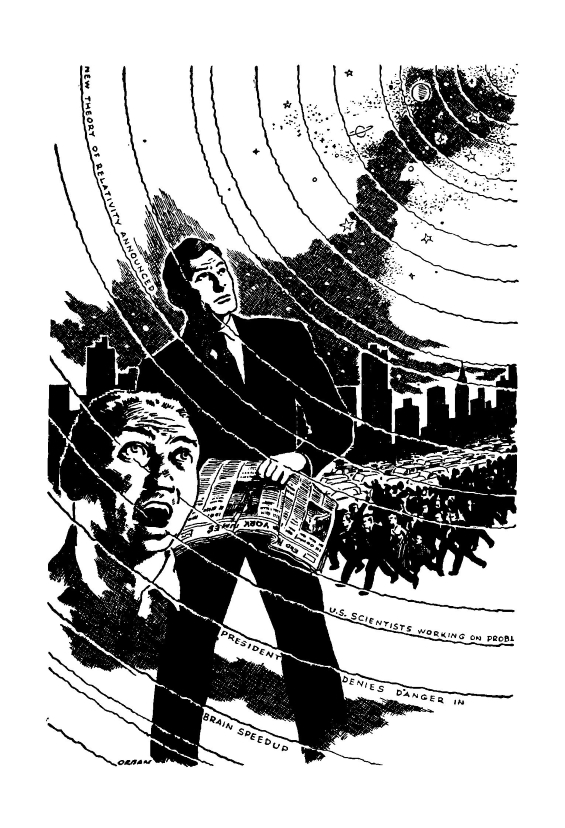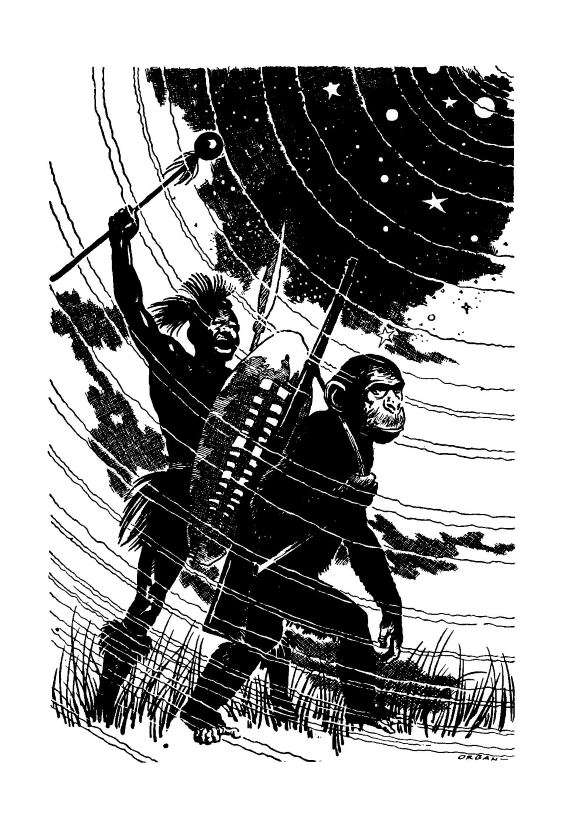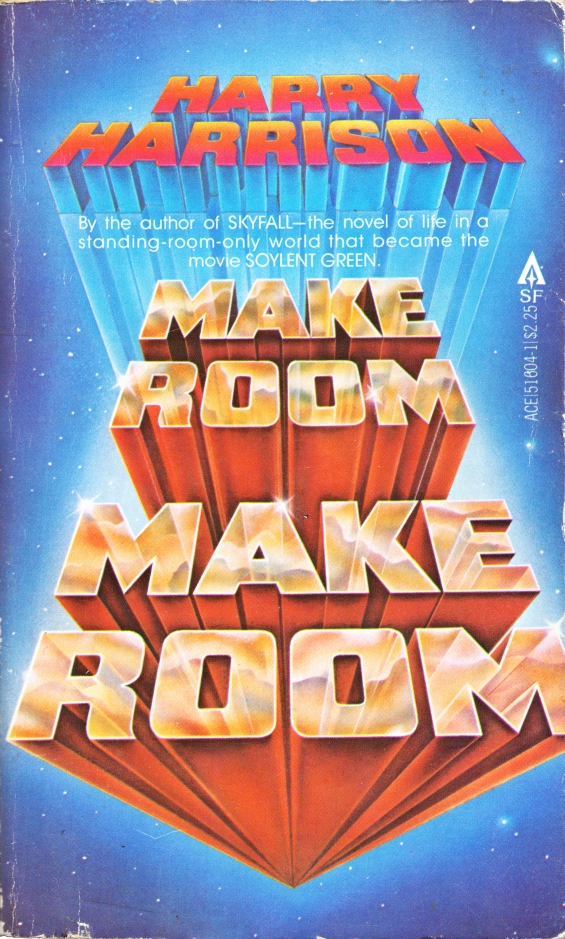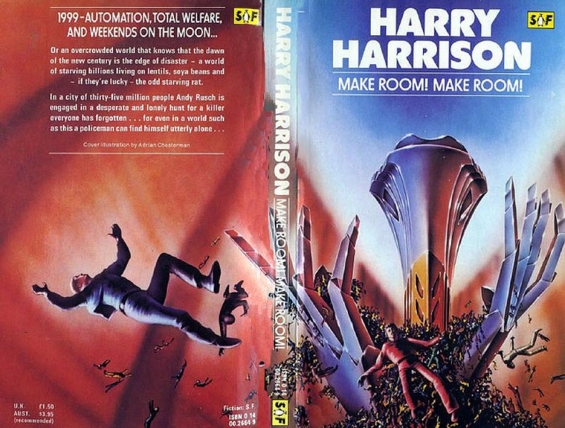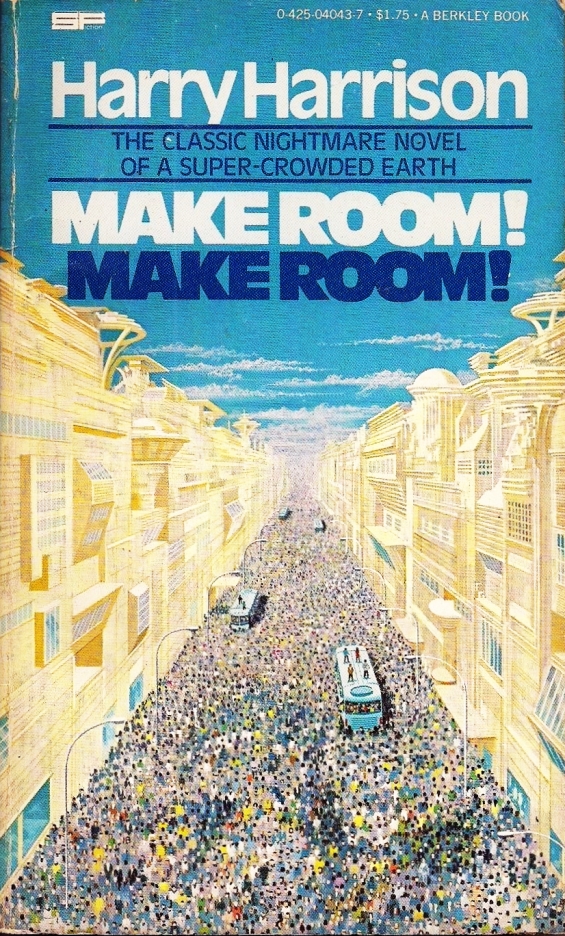
 The SFFaudio Podcast #525 – Jesse, Paul Weimer, Marissa Vu, and Evan Lampe talk about The Variable Man by Philip K. Dick.
The SFFaudio Podcast #525 – Jesse, Paul Weimer, Marissa Vu, and Evan Lampe talk about The Variable Man by Philip K. Dick.
Talked about on today’s show:
a novella from Space Science Fiction, September 1963, illustrations, going deep into Philip K. Dick, wanting to like it, recapping Evan’s thematics, big data, blinkered, as art, so many important elements, starting where he ended up, shifting realities, what is human?, the frontier, labour and the meaning of labour, interesting authoritarian dystopias, anti-Orwellian, Solar Lottery, The Man Who Japed, direct democracy, optimism, they have the whole universe open to them, the narrowmindedness of Cold War thinking, the first tinkerer hero, an average putterer, preternatural in fixing or degraded skills?, preposterousness, the generalist vs. the technocrat, academia limits you, narrow corridors of specialization, I know more than you and there’s no way you can reach, getting ahead of Paul, write a sonnet, build a wall, solve equations, pitch manure, specialization is for insects, esoteric order, intellectuals vs. academics, feted, he’s great!, how Philip K. Dick doesn’t fit into his own environment, what is this all about?, what’s happened, his car breaks down, “I’ll have a look”, how can we possibly move to a new place, “My god! This is amazing!”, The Golden Man, completely like a chickenhead, functionaries, coffee and boobs and that’s it, the proto-tinkerer, Time Pawn or Doctor Futurity, time travel, saying something about the interaction with specialization, the “genius bar”, “geniuses” being slightly more than minimum wage, Jesse ruined the show, Robert McNamara, The Fog Of War (2003), a numbers game, true to life, not guiding the policy, Colossus: The Forbin Project (1970), letting the spreadsheets dictate, the tyranny of the computer, hydraulic empires, China, the nature of the infrastructure, Arnold J. Toynbee, Dune, one small intrusion, no variables allowed, A World Out Of Time by Larry Niven, Stability, Meddler, Paycheck, competence porn, House Of Cards, Sherlock Holmes, almost any John Scalzi protagonist, Breaking Bad, he’s doing science!, so awesome to see it, oh my god we’re going to do some science, helium has these properties!, black boxy, the kid’s vidsender, a genetic freak, he is the hydraulic empire, The Marching Morons by C.M. Kornbluth, Little Black Bag, such a competent bag, competence satire, The Machine Stops by E.M. Forster, is a vizsender facetime?, this is public domain, the visuals, lemmee fix that, a real robot now, fantasy real objects, stories with games, War Game, trying to invade the Earth using board games, sitting down to play, Monopoly is a capitalism simulator, the purpose of Monopoly, toys and game and hyper-competence, fixing things for coffee and donuts, no vivid mental life, the Pole, Soviet scientist, Sergei Korolev, expansion, why do we never see the Centaurans?, Traveler, a decaying empire, The World Jones Made, imperial ambition, Oregon trail, the noser or the jitney, a used car lot, Mimsy Were The Borogoves by Henry Kuttner and C.L. Moore, a mirroring, a conversation, Waterspider, Astounding, 3-D movies every night, The Variable Man, the old time pre-cog who wrote it, The December 1962 IF, a meta-story, commenting on his own work, Orpheus With Clay Feet, We Can Build You, a reference to Nanny, pre-cogs are science fiction writers, how to build the future, welding skills?, soldering skills?, the ultra-competent handyman, shoe a horse and run a government, fantasy as the main element, Reading, Short And Deep, Strange Eden, slem ray vs. r-pistol, asshole braggart character, tame animals, there’s a lady, a retelling of the Circe episode, Jesse just lights up, getting those rocket ships off the ground, Beyond Lies The Wub, a pig with a ghost inside it (that wants to talk about philosophy), so weird and obsessive, The Gun, The Defenders, an elaborate bureaucracy, meetings, no love interest, it reads like a script, dropping bombs on a guy with a horse and cart, Mr. Spaceship, weapons of war, a dying scientist, a vehicle of exploration, The Defenders, a trans-humanist force, The Ship Who Sang by Anne McCaffrey, shell people, “you can be beautiful”, they have longings, Call Me Joe by Poul Anderson, the cripples, colonization, Dick’s first long fiction, how to put things together, novel structure, the coffee, the boobs, the trail of Philip K. Dick, the characters are lacking, irritable anxious weird dudes, I want my comedy, Evan thinks Galactic Pot-Healer is Dick’s novel (for a deep philosophy on work), the jokes, the silly stuff, you went there didn’t you, the compatibility test, spending the time, reading it is a pleasure, intellectual stuff, themes, no pleasure, elegance, beauty, Earth against the others, who is the aging empire here?, the British, the Nazis, vundervepons, invasion board, the big board, The Penultimate Truth, fake work, fake war, are they the Japanese?, Philip K. Dick’s childhood poems, Aunt Flo judging his work, weeks and weeks and weeks of newspapers, war war war war domestic domestic domestic, American tank giving Japanese tank a piggy-back ride, The Man In The High Castle, the role of war, the war of munitions, the war of industry, we can win WWII no problem, here’s a Japanese intern(ee) that was murdered, The Simulacrum, Reinhardt, Reinhard Heydrich, the Wannsee Conference, the calculation, spreadsheets were involved, Supernova In The East, anti-war in Japan, elan, The Crystal Crypt, a snowglobe story, the Black Clad Leiters, Nazis on Mars, childhood trauma, reflecting, what if me and my fellow writers are pre-cogs, nobody else uses pre-cogs, Null-A, a parody of the plots of The Pawns Of Null-A, Null-P, Think Like A Dinosaur by James Patrick Kelly, what if…, The Great C, work as therapy, art therapy, what’s your therapy?, occupational therapy, Dick being a bit of a pre-cog, find work you love, find pleasure in your work, fantasy, Taiwan, work should be enjoyable, work being meaningful, a euphemism, a way of tricking yourselves, kindergarten, lunch is coming and take your pills, universal basic income, getting paid in coffee and a sandwich, the lack of ability to fix things, openable phones, a plastic cover over the engine of modern cars, alienated from the ability to fix your own stuff, walking towards this Philip K. Dick future, the whole Amish thing, human scale technology, Murray Bookchin, anarchism, the light switch as consent, thinking through the technologies we choose, obsessed with tiny houses, being “off grid”, growing the fuel for the horses, compressed air technology, social ecology, the kind of guy they don’t talk about in school, Towards A Liberatory Technologies, post hole diggers, this would make a good movie, very visual, Molly Jojez has blue skin, they always adapt the wrong stories, a failed experiment, Idiocracy is The Marching Morons, Mark Twain, a reverse Connecticut Yankee, Flight Into Forever by Poul Anderson, the heroic past, Little, Big: Or, The Fairies’ Parliament by John Crowley, return of the king, The Skull, Paycheck, Captive Market, All You Zombies, For Us The Living: A Comedy Of Customs by Robert A. Heinlein, social credit, socreds, Alberta, ancient political ideas, neo-liberalism, an interesting thinker, mostly wrong about everything, The Number Of The Beast, time and space and universes, Barsoom and Oz, Sliders with sex, we need utopias, solar punk, green shoots away from this grim dark, post apocalyptic story, Netflix, lots and lots of science fiction and almost all post-apocalyptic, zombies, an anarchist take on a post apocalyptic story, Doctor Bloodmoney, dog eat dog vs. human eat horse, a thing for horsemeat, another thing for the rhetorizer, Horselover, why is he murdering the horses?, Confessions Of A Crap Artist, weird conspiracy theories, another meta observation, pseudo-science magazines, a Dianetics scene, a misfit, the competent man stuff, his answers are all wrong, interesting in their absence, there’s no explosion, not acceptable for a film, that’s not the problem he’s interested in, true wub!
Posted by Jesse Willis
 The SFFaudio Podcast #517 – Jesse,
The SFFaudio Podcast #517 – Jesse, 
